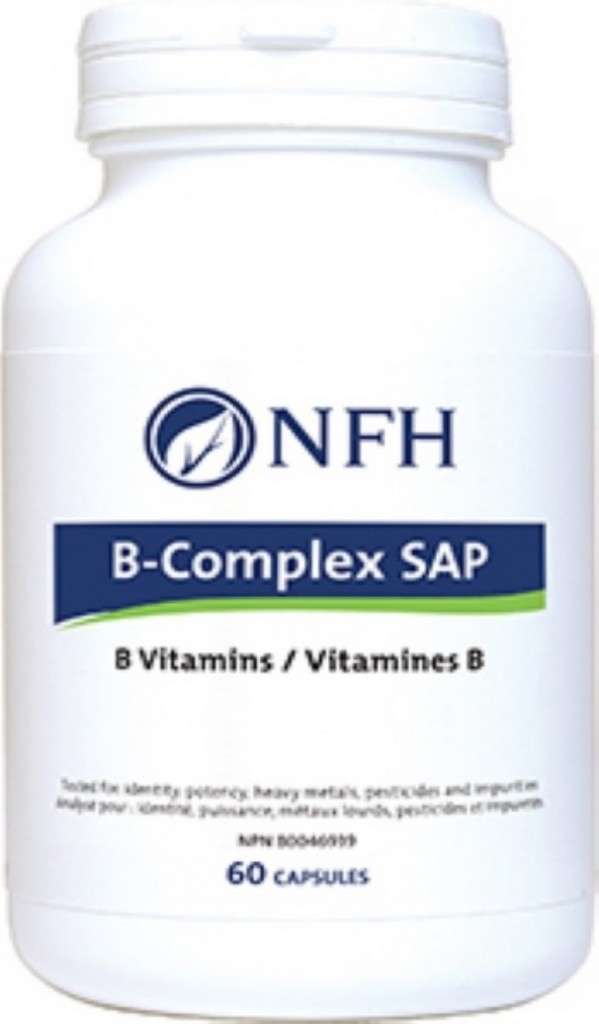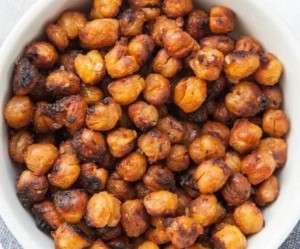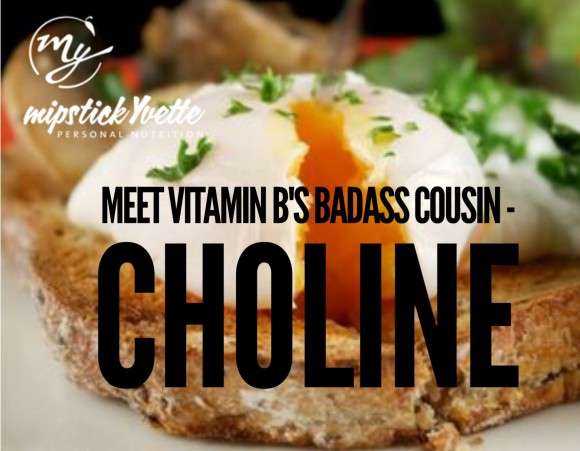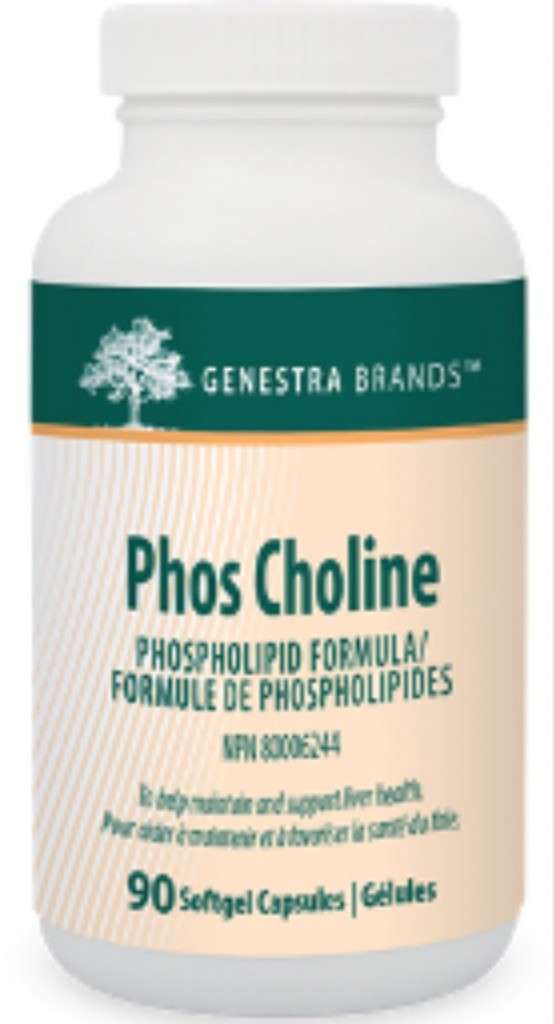January 26, 2017
First published in January 2017, updated and made even more awesome November 2019
Do you know what some of the most basic and vital of processes in the human body depend on – processes like building DNA, message signalling in the brain, and detoxification in the liver – METHYLATION (a biochemical process in the human body involving passing a methyl group).
And do you know that methylation cannot occur with CHOLINE? Okay, so pretty dull stuff right? But here’s what’ll interest you, I promise! This methylation and choline I speak of will help you:

- improve memory and reduce aging related memory loss
- improve mental focus
- reduce risk of cardiovascular disease
- play a role in muscular function
What is Choline?
While not officially classified as a vitamin or mineral, choline is a micronutrient related to folate and members of the B vitamin complex that plays several significant roles in our bodies and is recognized as an essential nutrient by the Institute of Medicine. Choline is manufactured by the human body, however this does not provide sufficient amount, which necessitates additional consumption from food sources or supplements. [1], [2], [4], [5]
What does Choline do?
Reduces Inflammation
Studies have shown that diets rich in choline and betaine (an amino acid created by choline in combination with the amino acid glycine) resulted in reduced markers of inflammation such as homocysteine, C-reactive protein, interleukin-6, tumor necrosis factor, adiponectin, and resistin. Increased levels of homocysteine have been correlated with several conditions including cancer, cardiovascular disease, cognitive decline, and bone fractures. Homocysteine levels can be increased through low stores of choline that allows homocysteine to be methylated to methionine, as well as deficiencies of either vitamin B12 or folic acid. Additionally, the National Heart, Lung and Blood Institute has recognized C-reactive protein as a marker for cardiovascular disease. [1], [2]
Cell Integrity
Choline is required for the body to produce several phospholipids, including phosphatidylcholine, which accounts for approximately 95% of the choline found in the body’s tissues. These phospholipids are essential to the structure of cell membranes in the body. [1], [2], [3], [4]
Choline is known to aid in the process of methylation, which is used in building DNA and is also important to brain and liver function [2], [4]. Specific to DNA, one study showed that choline deficiency increased DNA damage, while another study showed that breast cancer risk was reduced by high choline consumption [1].
Development
It has been shown that choline is important to human development, starting during pregnancy. High demands by the fetus result in the need for increased consumption of choline during pregnancy. In particular, sufficient choline consumption greatly reduces the risk of a child being born with neural tube defects. When breastfeeding, it is important to consume higher levels of choline as well in order to ensure that sufficient levels are being passed onto the child. Throughout development, children require choline to form connections in the brain, called synapses, to develop memories. [1] , [2], [3]
Choline and Liver Health
Choline and the liver are very dependent on one another. Individuals with poor liver health often require additional consumption of choline due to the liver’s role in absorbing choline, while low choline consumption can be a factor in non-alcoholic fatty liver disease due to choline’s ability to transport fat away from the liver. [1], [2], [3]
Central Nervous System
Choline is a precursor to acetylcholine, which is an important neurotransmitter in numerous functions within our bodies, including muscle movement and control, memory and learning, circadian rhythms, and heart function. Acetylcholine is very important in brain function, and sufficient choline intake can help maintain memory as well as brain elasticity, not to mention increase mental energy and focus. [2], [3], [4]
How much is recommended?
While the body is capable of manufacturing choline from other sources, this process does not provide sufficient levels for the body to use, which necessitates the consumption of foods that contain choline. This is further complicated by the fact that an estimated 50% of the population has a gene that limits choline absorption and hence results in a higher daily requirement of choline. Studies have suggested that 60 to 90 percent of the population has insufficient choline intake. [1], [2], [3]
| Recommended Daily Choline Intake (mg) | |||
| Age | Males | Females | Maximum |
| 0-6 months | 125 | 125 | |
| 6-12 months | 150 | 150 | |
| 1-3 years | 200 | 200 | 1000 |
| 4-8 years | 250 | 250 | 1000 |
| 9-13 years | 375 | 375 | 2000 |
| 14-18 years | 550 | 400 | 3000 |
| 19+ | 550 | 425 | 3500 |
| Pregnant | 450 | ||
| Lactating | 550 | ||
Source: [1], [3], [4], [5]
Maximum recommendations have been set in order to both reduce the risk of lowered blood pressure as well as reduce the risk of fishy body odour. [3], [5]
Sources of Choline
Given the importance of choline, it is fortunate that choline is found in several food sources. Some of the greatest sources are:
- Eggs (particularly the yolk)
- Chicken liver
- Soy flour
- Salmon
- Beef liver
- Chick peas
- Split peas
- Navy beans
- Wheat germ
- Shrimp
- Scallops
.
Other notable sources include quinoa, chicken, turkey, milk, cauliflower, peas, broccoli, almonds, pecans, bacon, oat bran, tomato paste, flax seed, grass fed beef, goat milk, Brussels sprouts, atlantic cod, peanuts, collard greens, swiss chard, asparagus, spinach, tuna, sardines, cabbage, shitake mushrooms, green beans, bok choy, crimini mushrooms, summer squash, miso, tomatoes. [1], [2], [3], [4]
Supplement with Choline
For those who struggle to get enough choline in their diet, supplements are available. Order direct from our trusted medical dispensary and enjoy shipping direct to your door! Bonus: 10% off too 😁
psst: always take any B-supplements with a B-complex, as they work synergistically together in the body.
Click here to order!

Click here to order!
Follow the easy prompts to set up your personal account and enjoy 10% off trusted professional-grade supplements, shipped direct to your door! Find your desired supplements through the search option, or explore our vast catalogue for all your vitamin needs.
Don’t hesitate to get in touch with us if you need help, we’re here for you!
Always check with your primary physician or pharmacist before starting any new supplement product.

Here’s a tasty dish of choline! Chickpeas and miso – both good sources of choline.

References
[1] https://www.ncbi.nlm.nih.gov/pmc/articles/PMC2782876/
[2] https://draxe.com/what-is-choline/
[3] http://lpi.oregonstate.edu/mic/other-nutrients/choline
[4] http://www.whfoods.com/genpage.php?tname=nutrient&dbid=50
[5] https://naturalmedicines.therapeuticresearch.com/databases/food,-herbs-supplements/professional.aspx?productid=436
Meet Vitamin B’s Badass Cousin: Choline
The entire contents of this website are based upon the opinions of Build Holistic Nutrition. Please note that Build Nutrition is not a dietitian, physician, pharmacist or other licensed healthcare professional. The information on this website is NOT intended as medical advice, nor is it intended to replace the care of a qualified health care professional. This content is not intended to diagnose or treat any diseases. Always consult with your primary care physician or licensed healthcare provider for all diagnosis and treatment of any diseases or conditions, for medications or medical advice, as well as before changing your health care regimen.
© BUILD NUTRITION 2026. ALL RIGHTS RESERVED. PRIVACY POLICY
Go ahead, creep us on social. You know you want to!


